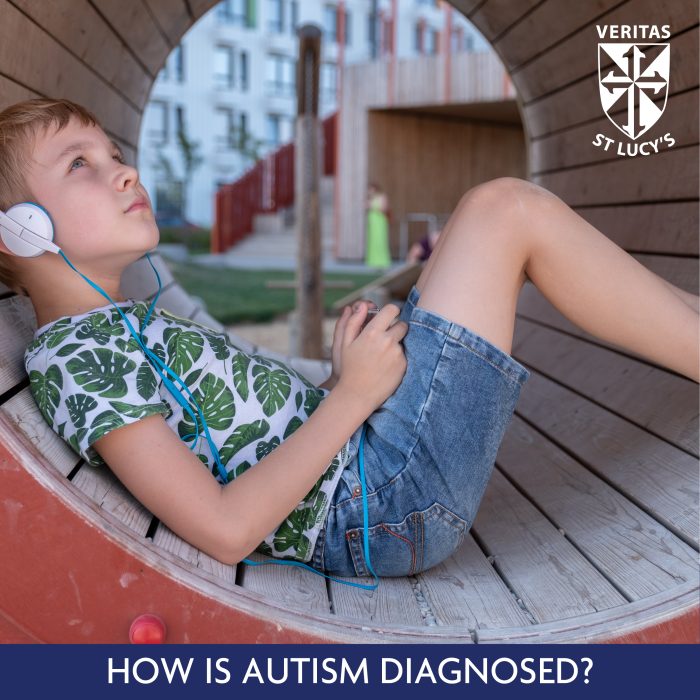Autism diagnosis in Australia involves a comprehensive evaluation process conducted by healthcare professionals specifically trained in recognising the behavioural patterns associated with the condition. It’s a meticulous procedure that entails observing the individual’s behaviour, developmental history, and gathering insights from parents, caregivers, and educators. The diagnostic criteria set forth in the Diagnostic and Statistical Manual of Mental Disorders (DSM-5) serve as the primary guidelines during these assessments.
Healthcare providers utilise various tools and assessments, such as the Autism Diagnostic Observation Schedule (ADOS), to aid in the diagnosis. These assessments help identify the presence of social communication challenges, repetitive behaviours, and sensory sensitivities characteristic of autism spectrum disorder (ASD).
Moreover, medical professionals may conduct additional tests to rule out other potential causes of the observed behaviours. Once a diagnosis is confirmed, individuals and their families gain access to support services and interventions tailored to their specific needs.
Early diagnosis and intervention play pivotal roles in improving outcomes for individuals with autism. It allows them to receive the necessary support and resources to navigate daily life and reach their full potential. With timely diagnosis, individuals can benefit from early intervention programs that focus on developing communication skills, managing sensory sensitivities, and fostering social interactions.
In Australia, there’s an increasing awareness and emphasis on the importance of early detection and intervention for autism spectrum disorder. Government initiatives, community organisations, and healthcare providers collaborate to ensure that individuals with autism receive timely and appropriate support. By fostering understanding, acceptance, and accessibility, Australia strives to create an inclusive society where individuals with autism can thrive and contribute meaningfully to their communities.


